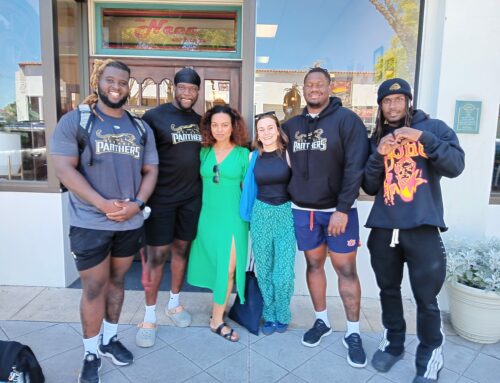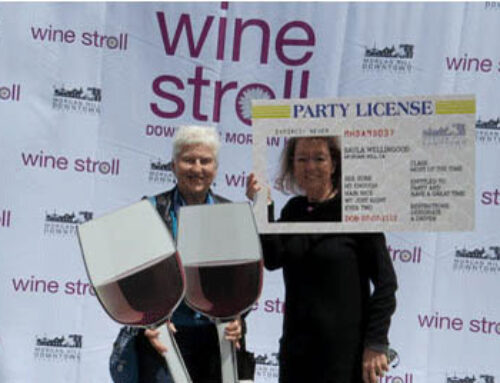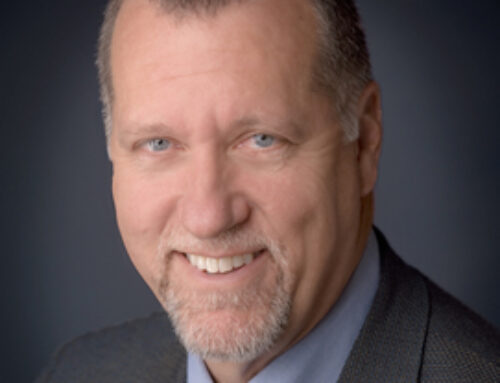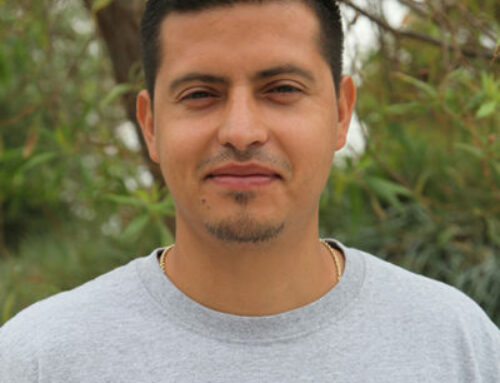It’s been said that up to 95 percent of people die before they expect to die
By James Ward
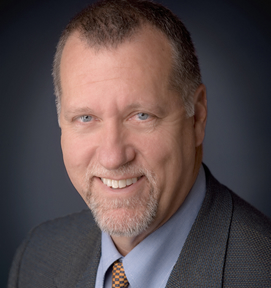
James Ward
 I recently read a book written about different end of life decisions and how a lot of people aren’t prepared. It isn’t just the people who are at the end of their life, but also those who are close to them or caring for them. The book was written by someone who regularly deals with people towards the end of their lives.
I recently read a book written about different end of life decisions and how a lot of people aren’t prepared. It isn’t just the people who are at the end of their life, but also those who are close to them or caring for them. The book was written by someone who regularly deals with people towards the end of their lives.
Most people never have to deal with these issues — until they do. It’s been said that up to 95 percent of people die before they expect to die. That’s a very high number. Why so high? There are different reasons for this. Besides the accidental and unexpected deaths, some people live in denial, some are overly optimistic about their health, and with some, the medical professionals just don’t want to present realistic news of the likely outcome, so the patients have unrealistic hopes.
One local estate planning attorney developed esophageal cancer and hadn’t made any preparations for the end of his life. He was adamant that he would beat it and recover, so when his daughter urged him to make plans, he blew up at her. When he finally accepted weeks later on a Friday that he was going to die, he told his wife that they would go together to his office on Monday and he would show her the files and give her all of the passwords. It didn’t happen according to plan. He died over the weekend — and he had no estate plan of his own.
Not only did that man leave a mess for his family, he also left a mess for his clients.
People come to me after a death and either their loved one was prepared and everything is easy, or they were left with a total mess that is now dragging them down with difficult issues at a time when they should really just be grieving and taking care of themselves.
One recent widow had a trust with her husband to hold their properties and bank accounts, but her husband always managed everything. When he died suddenly, she was left completely in the dark as to their finances. Yes, she was getting everything, but there were so many small details for her to handle that she just felt completely overwhelmed.
Even when people get the news that they only have a few months left to live, do they really want to spend that limited time dealing with legal and financial issues, or is it more rewarding to spend that time with friends and loved ones?
If a person has a home or assets and they have loved ones or charities they want to receive their assets after death, they should really have a well-structured estate plan in place. But that’s not all.
How easy or difficult will it be for someone to clean up your affairs after you depart? Have you made a list of things, or a file of pertinent papers? Where do you bank? What about investments? Life insurance? Health insurance? Annuities? Car insurance?
One client of mine owned eight cars. Eight cars? I said, “Really? Why? You can’t drive!”
It turned out that they were all in his name because his kids and grandkids couldn’t qualify for the car loans on their own. He was a great guy, and always wanted to help his family, but as his health declined, I suggested that he start moving the car titles into the appropriate family member names to avoid leaving his disabled wife with more work following his death. Luckily, he started the process immediately and got through most of it before he passed.
You’ll probably never get everything perfect, but try to get close. Others will love you for it.
James Ward lives in Morgan Hill. He went to law school in New England and earned a post-graduate law degree in Estate Planning at the University of Miami. Jim worked as an Estate Planning and Elder Law attorney in Florida, and then returned to open his law firm focusing on Estate Planning and Elder Law. He has offices in South Valley and Willow Glen.



